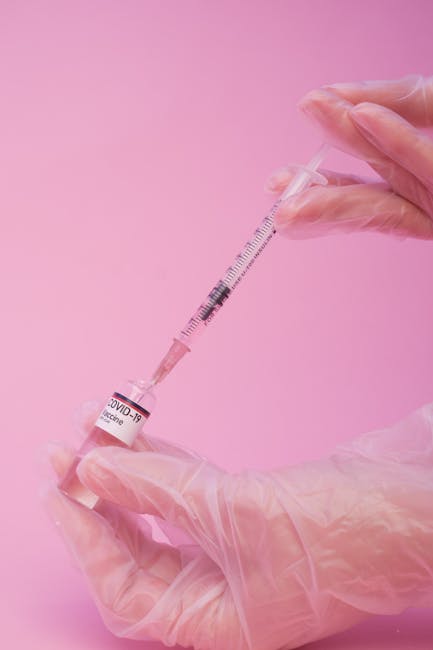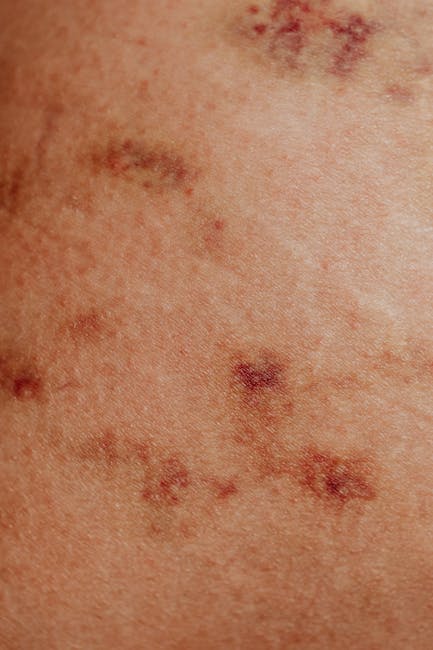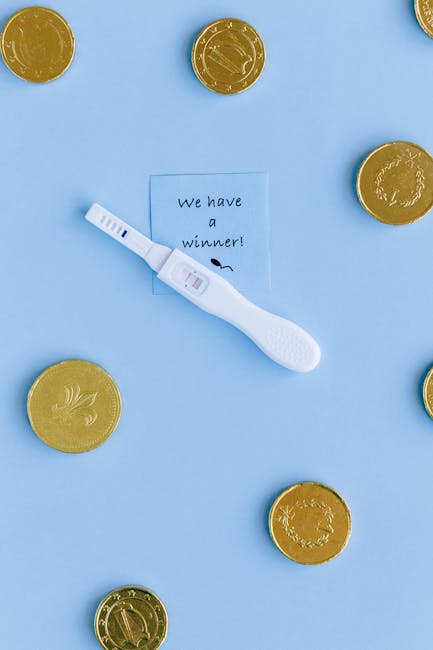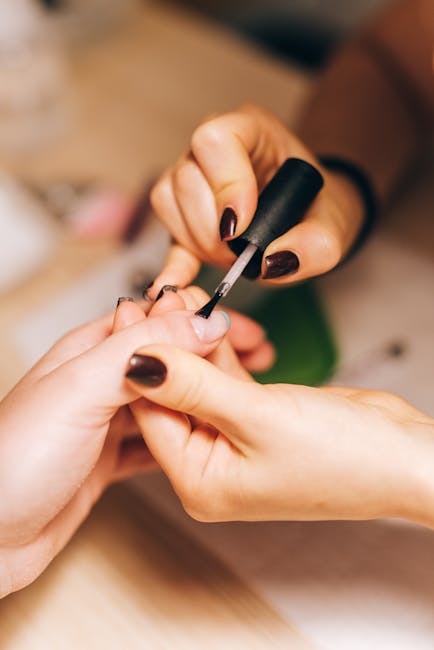Morgan called late Friday afternoon with a question about COVID-19 booster shots. At 37 weeks pregnant, she had received both doses of the Pfizer COVID-19 vaccine back in February, at the start of her pregnancy. Eager to ensure the best protection for her baby, Morgan asked if she qualified for the booster shot now available.
As a Teratogen Information Specialist at MotherToBaby California, I field numerous inquiries about the COVID-19 vaccine. With pandemic guidelines evolving rapidly, it can be challenging for pregnant individuals to stay informed. I explained to Morgan that although vaccines continue to effectively prevent severe illness, hospitalization, and death, their overall effectiveness can decrease over time—a phenomenon known as waning immunity. This has led the Centers for Disease Control and Prevention (CDC) to recommend booster shots for certain individuals over 18, including pregnant people.
Pregnant individuals, including those up to 42 days post-delivery, are at a higher risk of severe illness from COVID-19. This risk includes increased chances of ICU admission, ventilator need, and even death. Thus, vaccination is crucial for this group. I advised Morgan that since over six months had passed since her initial Pfizer doses and she was pregnant, she was eligible for a booster. The American College of Obstetricians and Gynecologists (ACOG) and the Society for Maternal Fetal Medicine (SMFM) recommend receiving the booster at any point in pregnancy when eligible.
Morgan and I reviewed recent pregnancy data on COVID-19 vaccines, covering thousands of women who received mRNA vaccines (Pfizer or Moderna). Encouragingly, this data shows no increased risk of pregnancy complications, such as miscarriage or stillbirth. Though booster shots haven’t been specifically studied in pregnancy, the Pfizer and J&J boosters mirror the initial doses in composition, while the Moderna booster is half the original dose. Most experts agree that the vaccine components don’t linger in the body long and aren’t expected to cross the placenta.
Reassured by this information, Morgan was glad to learn she qualified for the booster shot. With a three-year-old in preschool and frequent visits to her grandparents, she was determined to protect herself and her unborn child. In her view, the benefits of vaccination outweighed any potential risks.
Before ending our call, Morgan inquired about her sister-in-law, who had received the Moderna vaccine three months ago and was now pregnant. I informed her that under current CDC guidelines, her sister-in-law needs to wait six months post-second dose of Moderna to become booster-eligible. However, her initial vaccination still provides strong protection against severe illness. I advised that she continues taking precautions like masking and avoiding crowded indoor areas.
If you’re uncertain about your booster eligibility or have other vaccine-related questions, contact a MotherToBaby Specialist. For those who haven’t received their initial COVID-19 vaccine, it’s highly recommended during pregnancy by major maternal and child health organizations, including the CDC, ACOG, and SMFM. For the latest pregnancy-related COVID-19 vaccine information, COVID-19 boosters, or other exposure concerns, feel free to reach out to us.




